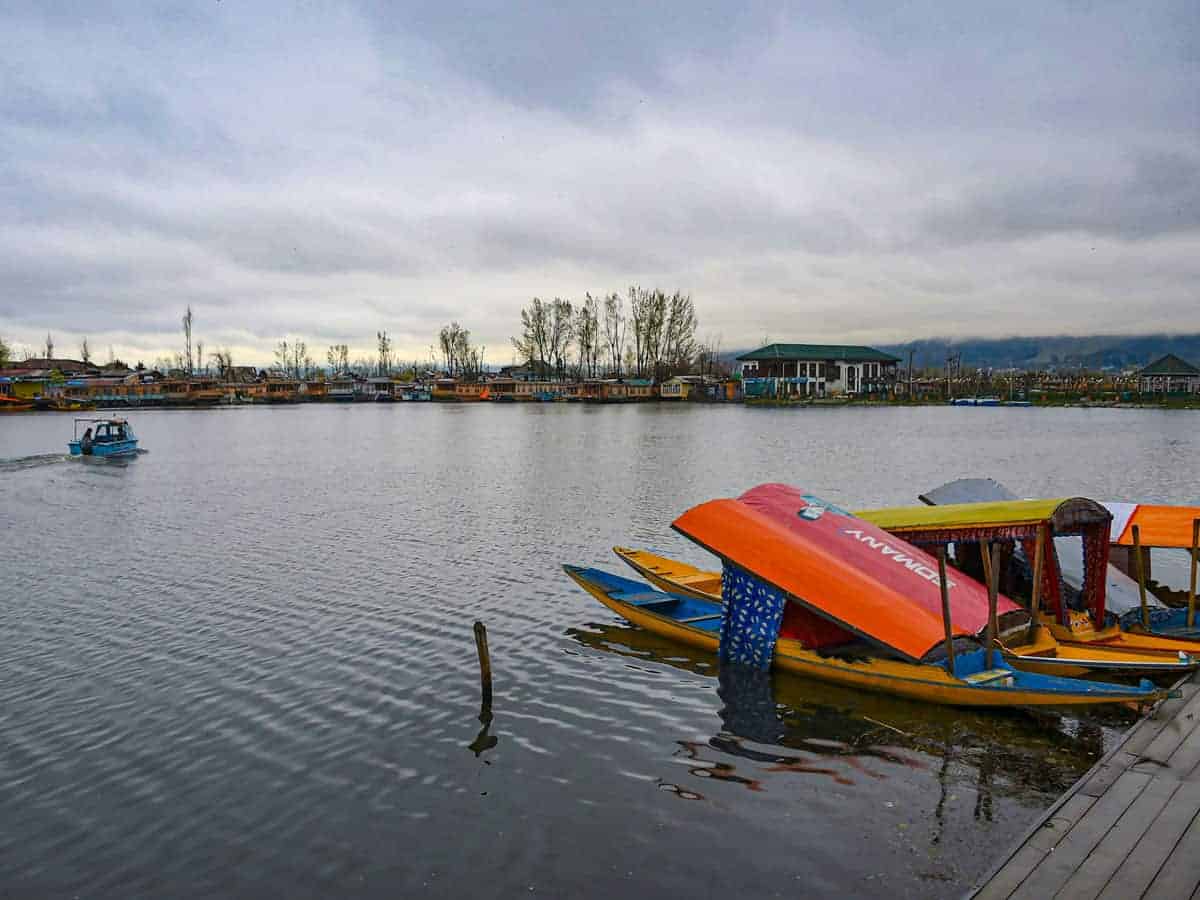Javid Sofi
SRINAGAR: Zeeshaan, 27, is a former journalist and owner of the newly established Read Coffee Cafe in the outskirts of Pulwama in south Kashmir.
Formerly with The Kashmir Images, an English daily published from Srinagar, he is one of dozens of Kashmiri journalists who lost their reporting or writing jobs in the longest internet blockade ever imposed by a formal democracy.
“I was unable to file stories with my office for around 7 months due to the internet gag. I waited for the restoration of blocked communication channels and when internet was partially restored, I approached my office but they were not interested,” said Zeeshaan.
He says the experience taught him that journalism is not a viable career option in a place where communication channels are frequently blocked. Ultimately, he decided to switch professions.
“You need to do some other job to sustain yourself. Some of my colleagues are still struggling to find new jobs; a few were compelled to do manual labour to support their families,” he said.
The clampdown compelled Zeeshaan to start his restaurant, which goes by the tagline ‘Read over coffee’.
Customers here, mostly from the educated class, enjoy good fast food and are also served quality literature free of cost.
“The sole aim is not to sell food but to contribute to society. I believe reading makes people wise as they learn new things from these books. Each day I devote one hour to reading and I ask others to do to the same,” he said.
According to Zeeshaan the response has been tremendous and most of the books – which were pooled from contributions by a number of generous people and kept in the restaurant library – stand borrowed.
“Customers enjoy reading here, they flip a few pages over coffee or food and are allowed to take the books home to read,” he says.
After being rejected from the organisation where he had worked for about two years, Zeeshaan, who studied international relations at the Islamic University of Science and Technology in Awantipora, is exploring new opportunities. “But I can’t kill the journalist in me. I have been freelancing with some New Delhi based news websites,” he shares.
The frequent internet blockades (governments in India impose more internet shutdowns than in any other country) have also compelled a mid-career journalist from the neighbouring district of Shopian, 31 year old Mir Iqbal, to try his hand at entrepreneurship.
Iqbal, who worked as a journalist for around nine years, graduated from Kashmir University’s Department of Mass Communication and Journalism. He was an online editor for Kashmir Reader, another English daily published from Srinagar, when Parliament stripped the state of its constitutional status and split it in two.
“When internet was blocked on August 5, I was forced to do reporting,” Iqbal recalls. “I was able to deliver because I had started from ground zero – a man with only desk experience would have faced problems.”
Earlier in 2016, after popular militant commander Burhan Muzaffar Wani was killed in an encounter in Bamdoora village, Anantnag, the government imposed a similar clampdown to contain a mass uprising. That year, Iqbal witnessed many of his colleagues losing their jobs or having their salaries slashed.
That was when he knew, sooner or later he was going to switch. “The recent internet blockade was the trigger,” he says. “I took leave and went ahead.”
Iqbal is now the owner of Mir Agro Farms, a honey packing and processing unit in the Industrial Growth Centre in Lassipora, Pulwama.
The company sells honey sachets called Machh which “make honey affordable even for the poorest families.” They are also planning to introduce honey ginger, honey garlic and lemon honey in the coming days.
“I would advise people, don’t invest your time and energy in jobs which rely on internet, because this modern facility is being frequently snapped here,” he says.
Informal estimates suggest that the recent internet blockade rendered around 1 lakh people in Kashmir jobless, including many journalists.
The Kashmir Chamber of Commerce and Industry estimated that businesses in J&K suffered lockdown losses totalling ₹18,000 crore or $2.4 billion between August and December. In 2018-19 the erstwhile state’s gross domestic product was ₹1,16,000 crore.
Broadband internet connections have been restored in Kashmir but cellular internet is only partially restored, with limited speed.

